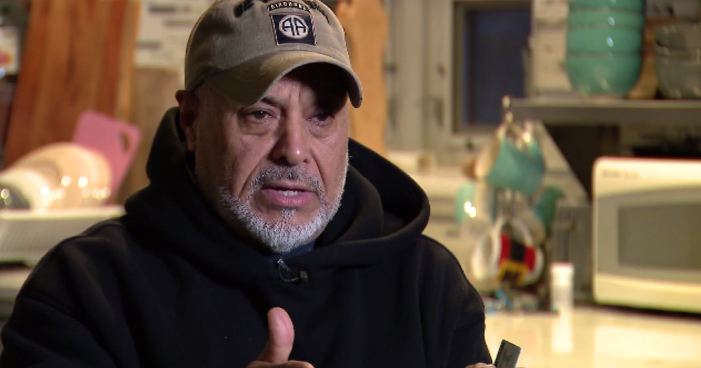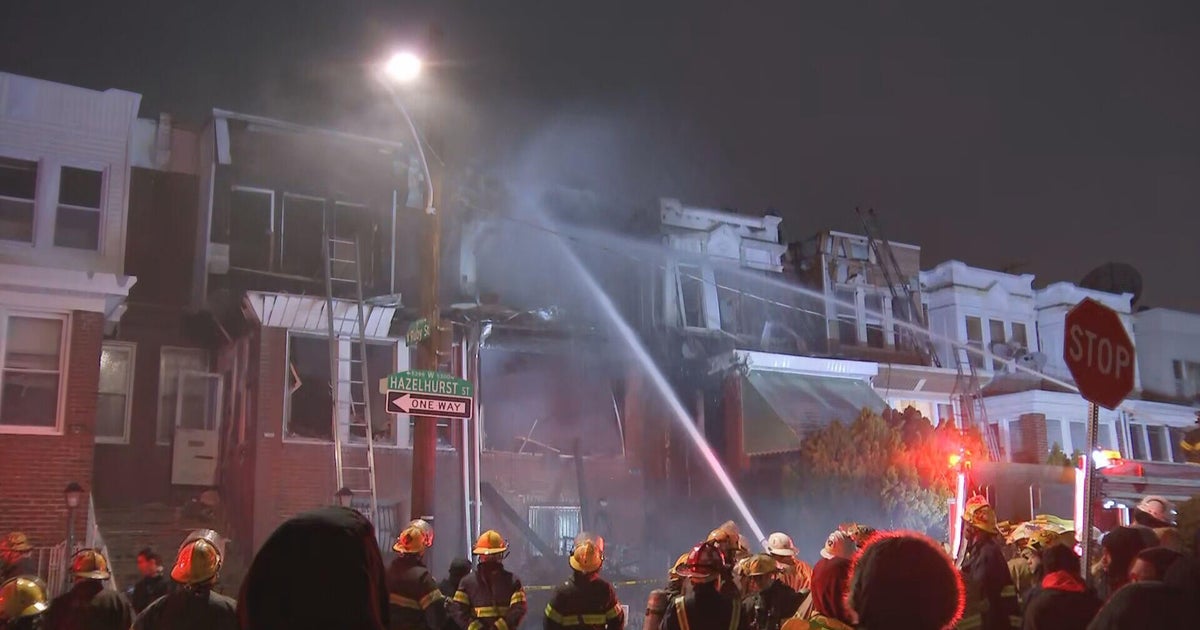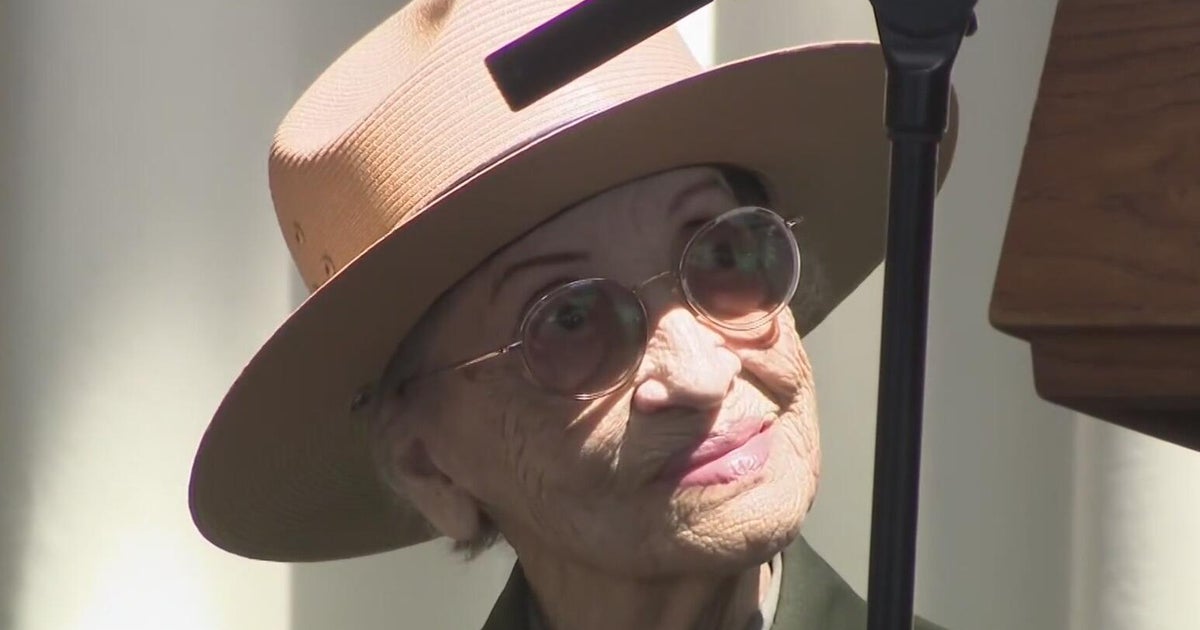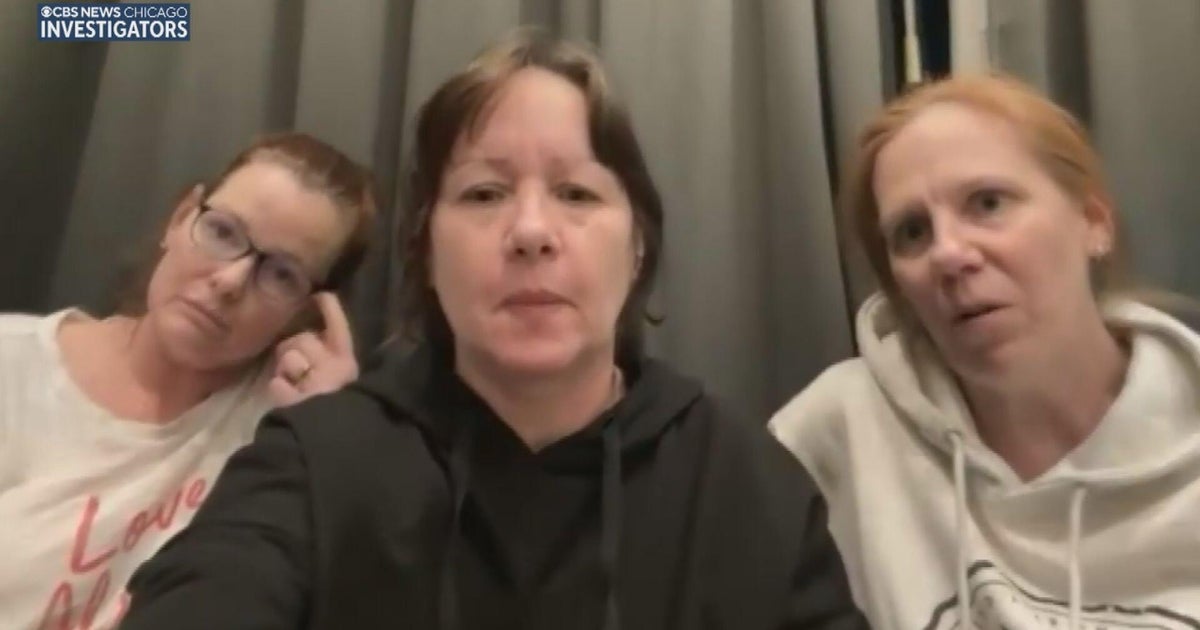A Day With a Home Care Nurse
 Anne Osmer Reporting
Anne Osmer Reporting
When I meet up with a home health care nurse to see what she does on a typical visit, I don't know what to expect. For most of my life I've generally avoided hospitals and health care settings, but Judy Amore, the nurse I'm accompanying, sets me straight: Home health care is nothing like hospital care.
She should know. A hospital nurse for 22 years, Judy decided to quit the hospital scene for good after a request to go part-time was turned down. When she told the hospital she was leaving, a part-time job magically opened up (here Judy winks), but it was too late: she had already lined up a new job at a home health care agency a friend told her about.
And she's thrilled.
"I went into nursing to take care of people, and you don't get to do that much in the hospital now," she says. "If you want to do nursing, home care is the way to go."
Home health care is for people who don't need the critical care that a hospital provides but still need medical help. Services include nursing care such as wound care and administration of medication; physical, occupational and speech therapy; coordination of community resources; help with bathing and grooming; and other services. Often, the patients are older people healing from a recent surgery or medical condition, or recuperating from a fall. Referrals for home health care usually come from a doctor or hospital.
On this gray December day, however, the patients we see are relatively young. The first is Karen* who is 49 and a paraplegic with two stubborn wounds that are slowly healing. She also has celiac disease that she thinks may have caused the sores.
She spends most of her time in a hospital bed in an office off of the dining room. The home she shares with her parents is modest but comfortable, decorated in homey touches for the holidays. Baskets line a ledge in the living room and connected dining room. A large poinsettia sits on a table in front of the fireplace. A light snow falls outside, lending a sense of peace to the already quiet rooms.
Judy is quick and efficient in her care of Karen, but respectful and friendly. She checks her vitals: temperature, pulse, blood pressure. She listens to her lungs. As she works, she asks Karen questions: How are you doing? How are you feeling? Are you in any pain? At one point, Karen mentions that her temperature has been normal the past few days. Judy responds with what I'm beginning to learn is her signature statement: "Life is good."
The talk turns to life in general. Karen comments on Judy's outfit, turquoise pants and a patterned top that are becoming to her short blond hair and blue eyes. They talk about Karen's nephews and Judy's new puppy.
I ask Karen what she thinks of home health care. She says that she's been happy with it. "Judy is great," she adds, smiling. "She's wonderful." She says she likes having the same nurse again and again, unlike in a hospital setting where you have little control over who cares for you. Monitoring medications and progress is easier when you have the same person handling your care. "It makes it a lot more efficient," Judy agrees.
On our way to her next patient, we talk about home health care and its largest client base: the huge population of seniors it serves, which will only continue to grow as baby boomers enter their older years. I ask Judy what she thinks is the biggest challenge to an aging population.
"Safety," she responds. She explains that most seniors want to live at home, or "age in place" as it's called. But many seniors don't have anyone helping them out, making sure their home is safe-proofed and that they're taking their medications – things that will help them stay at home longer.
"Simple things," Judy says. "But if you don't have anyone to help you out, it's hard to be safe." When she started doing home care, Judy was surprised by the number of people who don't have anyone to help them, a fact that affirmed her decision to help others through home care nursing.
Judy started working at her agency, Residential Home Health, two years ago. She's more than happy with her new career: She likes the flexibility, the pay (she makes more than she did at the hospital) and the car RHH provides for her. She even likes the Palm Pilot they gave her that cuts down on her paperwork, although she was intimidated by it at first. (Judy says she's not tech-savvy, although I doubt that a bit when I see the BlueTooth in her ear and iPod in her car.)
She appreciates the open and encouraging atmosphere at RHH, she says. In the hospital, when she got feedback it was invariably negative. At RHH, they tell her when she's doing a good job, something that floored her at first. Judy also feels she can let them know what she thinks. "You're not afraid to verbalize at Residential. You're safe telling them what you feel." She says she intends to retire from RHH, but quickly adds, "Not any time soon."
The second patient we visit lives in a mobile home park in eastern Wayne County. Margie's home is cozy, with a large T.V. dominating the living area and pictures of cats and nature scenes on the paneled walls. A mirror etched with the image of a deer hangs above a mantel.
Margie* is 57 and a first-time home health care patient recuperating from a staph infection she contracted after surgery. She's an enthusiastic talker and she tells me she's a bit loopy from her pain medication. She talks about going out the night before, the first time in months, to an Italian restaurant. She gets tired of eating at home since she can't cook on the stove, she says, pointing to the tubes coming out of her nose that supply her with constant oxygen. She's been on oxygen the past five years for chronic obstructive pulmonary disease (COPD). She glances at Judy and says she took her oxygen off this week to make something on the stove-top, and Judy frowns. "Margie!" she says. Margie chuckles.
I learn a lot about wounds and wound care during the visit – more than I ever thought I'd want to, but surprisingly, I find it interesting. Part of Judy's job is to clean the wound and take its measurements. The wound tunnel (I never even knew wounds had tunnels) has disappeared since Judy started visiting in late October.
"Life is good!" Judy announces as the measurements are read. "Oh, that's gorgeous!" Margie agrees, looking at the figures. "I love it!" Margie says it's thanks to Judy, who replies, "You heal yourself. I'm only here to help."
Margie wears a wound VAC, a small machine that constantly puts negative pressure on her wound to promote healing. It sucks the drainage out and pulls new tissue to the surface. Margie shows me the wound VAC, which has a see-through compartment that collects the drainage. The compartment is discarded and replaced with a new one when it gets full. Both Margie and Judy laud the wound VAC. "If it wasn't for this, I'd have to be in a nursing home," Margie says.
She goes to a clinic in Port Huron twice a week where they agitate the wound to help it heal. "It hurts," Margie says. "When the docs ask if you're allergic to anything I always say yes, penicillin and pain. The two big P's!" She laughs.
I ask Margie what her biggest concerns are for her medical care. The cost, she says. Medicare pays for her home health care, but for only 80% of equipment, including the wound VAC. "I make less than $1,000 a month on disability," she says. "If they start charging me, I don't know what I'll do. They're taking food and medicine out of me if they enforce it." She says she already had to quit a course of active infusion antibiotics prescribed by her doctor because it cost $30 a day in supplies that Medicare wouldn't pay. She talked her doctor into giving her oral antibiotics.
We leave Margie's house on a good note. It's Judy's last visit with her, and she's glad about the tremendous improvement in Margie's health. "I'll miss her, though," Judy says.
On our way back to Judy's house where I've left my car, I ask her if there's anything she doesn't like about her work. She thinks for a good minute and finally says she's not crazy about being on call one weekend every month, and having to work occasional holidays. And driving in bad weather can be a pain. But, she adds, it comes with the territory and for her, the good aspects of her job far outweigh any negatives.
Most important to Judy is what she finds most rewarding: the personal attention she gives her patients. "I love people," she says. She enjoys helping someone who is sick, and seeing them progress to much better health by the time they're discharged from care. She likes knowing she had a part in making that happen.
Judy's quiet for a moment, and then says that she simply likes being with people. "A lot of these people have a lot of stories. You can learn a lot." She smiles.
Life is good.
* For privacy purposes, patient names have been changed.
© 2010 WWJ Radio, All Rights Reserved.







